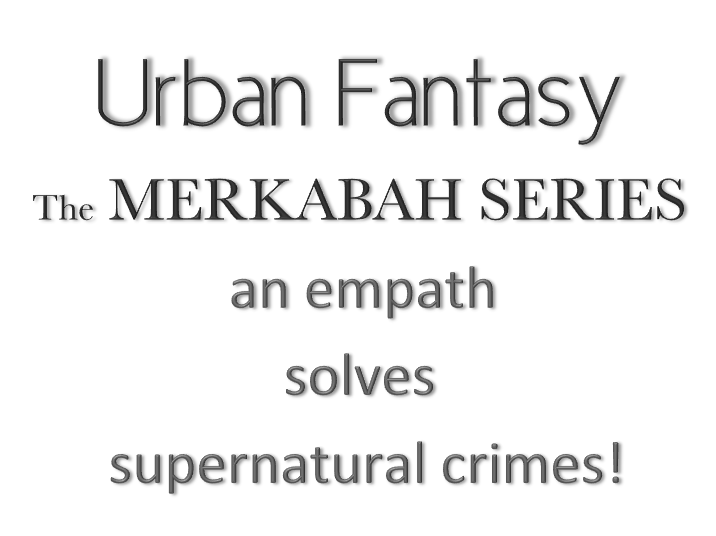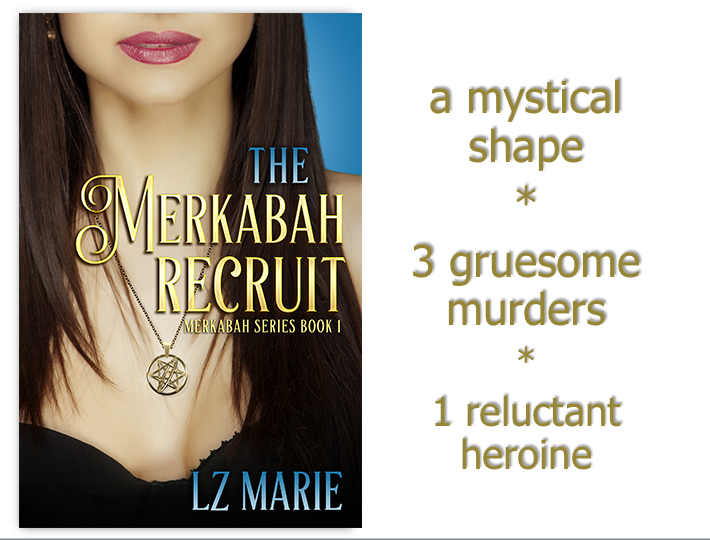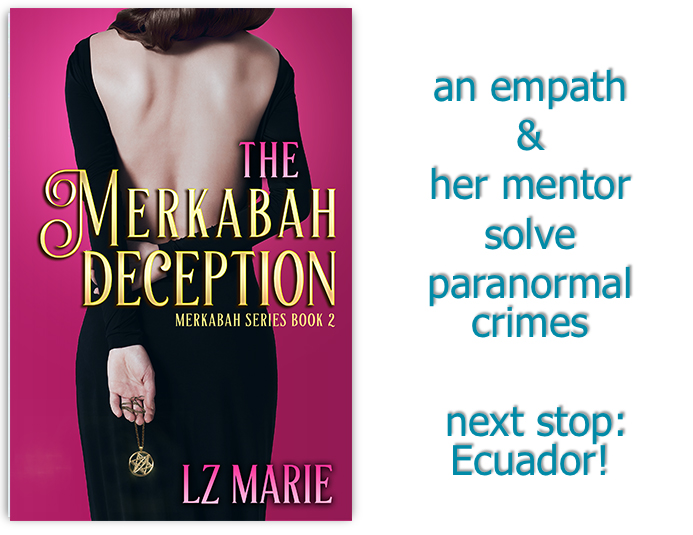 You wrote a novel! Yeah! Now you have to pitch your fab story to an agent and/or write the dreaded query. In addition to crafting the one-line “elevator” pitch, it is also important to convey the essence or theme of your story.
You wrote a novel! Yeah! Now you have to pitch your fab story to an agent and/or write the dreaded query. In addition to crafting the one-line “elevator” pitch, it is also important to convey the essence or theme of your story.
A theme is the recurring focus or topic evident in your novel or short story. Themes are the basic, central, integral, and often universal ideas explored in a literary work. Most novels have several themes.
Quick story: Me, at a conference, making writer small talk.
Me: What’s the theme of your novel?
Man: It’s a murder mystery.
Me: That’s a genre. What’s the theme…um… what’s the story about?
Man: Love
Me: Love is a subject, not a theme. What point are you making about love?
Man: Everybody needs love.
Me: That’s a statement. The importance of love would be a theme.
Man: What’s your point?
Me: it might help to know the theme before you pitch the agents.
Man: Whatever, lady.
Theme is not explained in ONE WORD. Revenge. Loss. Betrayal. Atonement—those are subjects—and a good place to start.
Themes straddle the line between specificity and vagueness. Fun, right?
Below is a theme primer. It’s a list of abstract concepts designed to help articulate theme. This is not a conclusive list, merely a springboard of concepts and topics to get you started.
A few examples from literature.
Brave New World: The incompatibility of happiness and truth
Fahrenheit 451: Consequences of an entertainment-driven society
Huck Finn: Hypocrisy of civilized society
The Great Gatsby: Moral depravity of upper class
A Midsummer Night’s Dream: The folly of young love
Here’s a few themes from my own novels:
The Merkabah Series:
- Mysteries of a multi-dimensional universe
- Commonalities behind ancient mythologies
- Struggles of conquering one’s fears
and from The Emperor’s Assassin:
-
importance of friendship
-
the consequences of dangerous knowledge
- the cost of freedom
Have fun writing your theme!
Related Links: Rock Your Writing;
Join me on Facebook * Twitter * Instagram * Pinterest * Amazon
















